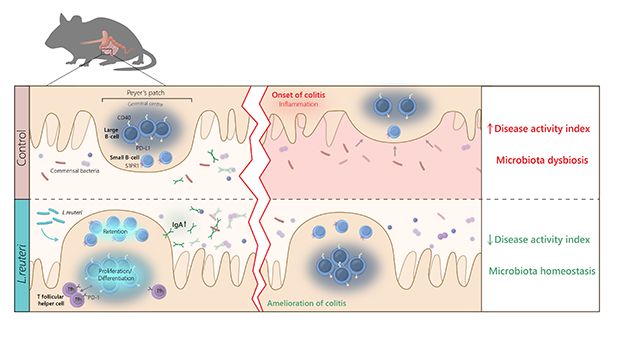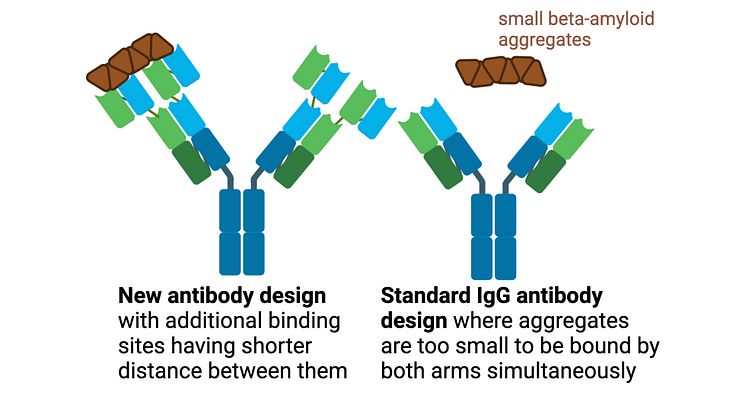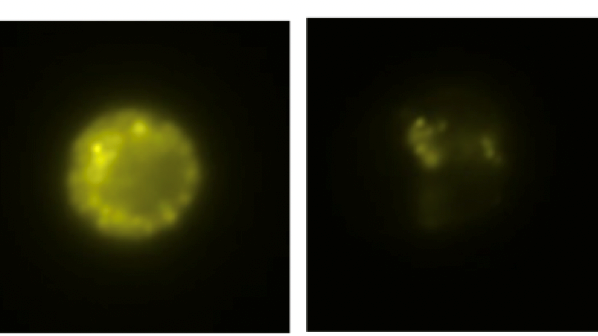Pathways to lifelong mental wellbeing in focus at Uppsala Health Summit
Increasing mental ill health is one of the most urgent public health challenges in the world. The global meeting Uppsala Health Summit, to be held online on 18–21 October, will discuss which preventive measures societies should deploy to better address this troubling trend.







